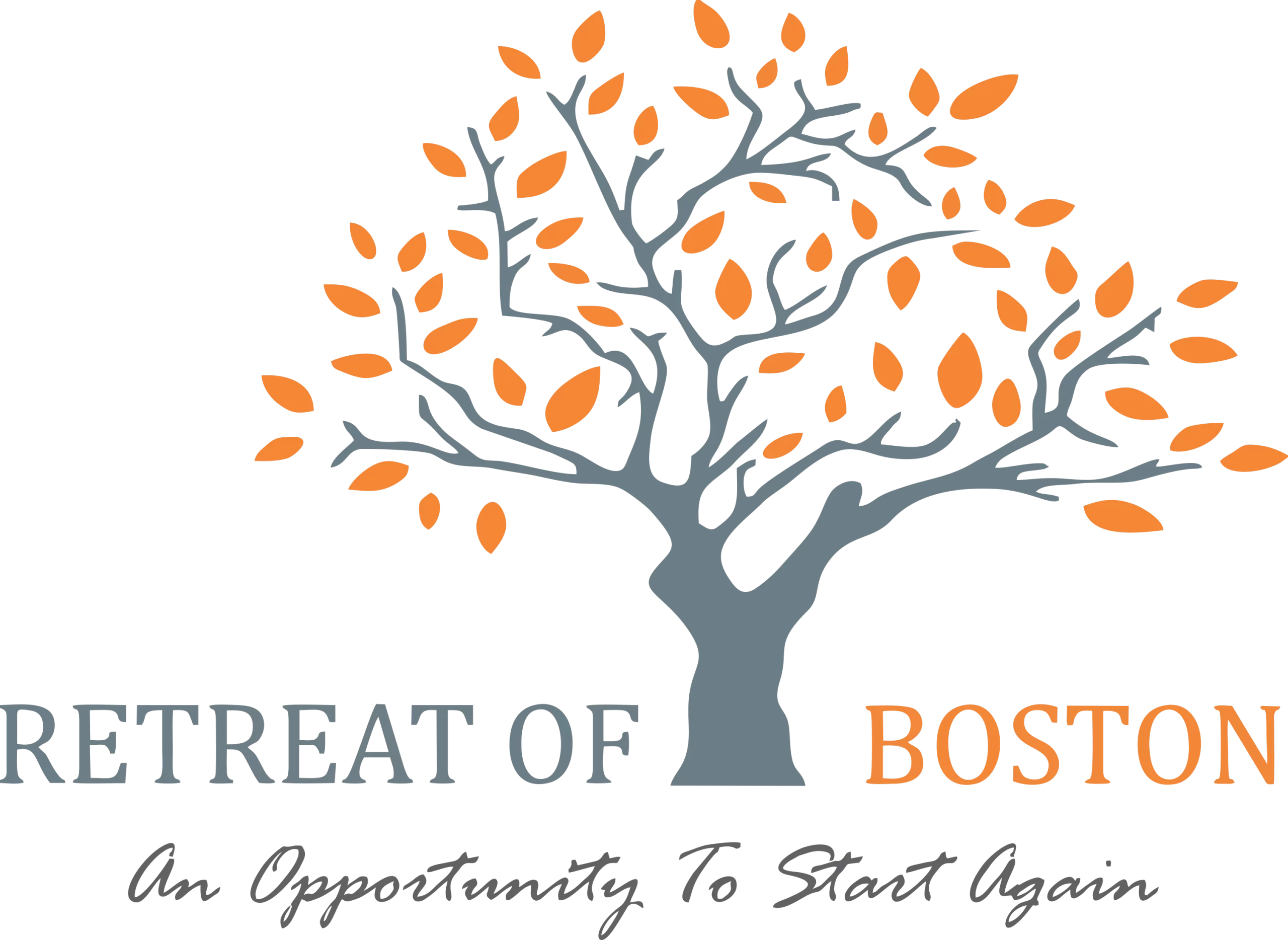Opiate withdrawal is a critical yet challenging step for individuals working to overcome addiction. Whether it involves prescription painkillers or illegal drugs like heroin, withdrawal can cause intense physical and psychological symptoms that make the process both demanding and overwhelming. The severity of these symptoms underscores the importance of medical intervention and strong support systems during this phase.
Understanding the signs of withdrawal, the prevalence of opiate abuse, and the risks involved is vital for anyone affected by addiction. Withdrawal symptoms often include nausea, muscle aches, anxiety, and insomnia, which can escalate in severity without proper care. Additionally, the widespread prevalence of opiate abuse has heightened awareness of its dangers, making professional treatment more critical than ever for a successful recovery.
Professional detoxification services, like those offered by The Retreat of Boston, play an essential role in helping individuals safely navigate withdrawal. Their expert team provides compassionate care and medical oversight, minimizing the risks and discomfort associated with detox. With their support, individuals can take the first steps toward recovery in a safe and controlled environment, laying the foundation for lasting sobriety.
Signs of Opiate Withdrawal
Withdrawal from opiates can be intensely uncomfortable and debilitating, often leading individuals to continue using the drug to avoid these symptoms. The signs of withdrawal can appear within hours of the last dose and typically peak within 72 hours. Here are some common symptoms:
- Early Symptoms (begin within the first 24 hours): Anxiety, muscle aches, restlessness, sweating, yawning frequently, insomnia, and a runny nose.
- Later Symptoms (begin after the first 24 hours): Nausea and vomiting, diarrhea, abdominal cramping, rapid heartbeat, dilated pupils, and goosebumps.
These symptoms, although rarely life-threatening, can be incredibly distressing and drive the person back to drug use to find relief.
Statistics of Opiate Abuse
The misuse and abuse of opiates have reached epidemic proportions in recent years. According to the National Institute on Drug Abuse (NIDA):
- In 2019, nearly 50,000 people in the United States died from opioid-involved overdoses.
- Approximately 10.1 million Americans aged 12 or older misused opioids in 2019, including 9.7 million prescription pain reliever misusers and 745,000 heroin users.
- The year 2017 alone saw 1.7 million people suffer from substance use disorders related to prescription pain relievers, with over 652,000 suffering from a heroin use disorder (not mutually exclusive).
The widespread availability of prescription opioids and the inexpensive nature of heroin contribute to high rates of abuse and addiction.
The Dangers of Opiate Withdrawal
The physical and psychological challenges of opiate withdrawal highlight the critical need for professional care. Without proper support, the withdrawal process can pose significant risks that endanger an individual’s health and recovery.
One major physical risk is dehydration and electrolyte imbalance caused by prolonged vomiting and diarrhea, which are common during withdrawal. If untreated, these conditions can become life-threatening and further weaken the body. Proper medical supervision is essential to manage these symptoms and prevent serious complications.
The psychological toll of withdrawal can be equally severe. Anxiety, depression, and suicidal thoughts often accompany the process, particularly for those with preexisting mental health conditions. Additionally, the intense discomfort of withdrawal frequently leads to relapse as individuals attempt to alleviate symptoms. This behavior is especially dangerous because reduced tolerance after detox increases the risk of overdose. Professional medical detox during withdrawal not only mitigates these risks but also provides a safer path toward recovery.
Importance of Professional Detox for Opiate Addiction
Given the severity of withdrawal symptoms, medical detox should be the first step for anyone battling opiate addiction. Here’s why:
- Medical Supervision: Detox under the care of medical professionals ensures that vital signs are monitored, symptoms are managed, and complications are promptly addressed.
- Medications: Medications such as methadone, buprenorphine, and clonidine can be used to ease withdrawal symptoms and reduce cravings, providing a safer and more comfortable withdrawal process.
- Structured Environment: A professional detox facility provides a controlled, trigger-free environment that helps prevent relapse.
- Therapeutic Support: Counseling and therapy are integral to the detox process, addressing the psychological aspect of addiction and preparing individuals for ongoing treatment.
Why Choose The Retreat of Boston for Opiate Detox?
Start Your Recovery Today
Breaking free from opiate addiction is a challenging journey, but you don’t have to navigate it alone. At The Retreat of Boston, we offer professional opiate detoxification services in a supportive and nurturing environment. Take the first step towards recovery by contacting us today.
Contact us today to learn more about our comprehensive detox program. Let us help you reclaim your life and embark on the path to lasting recovery. Don’t wait—reach out now and let The Retreat of Boston support you on this critical journey.




